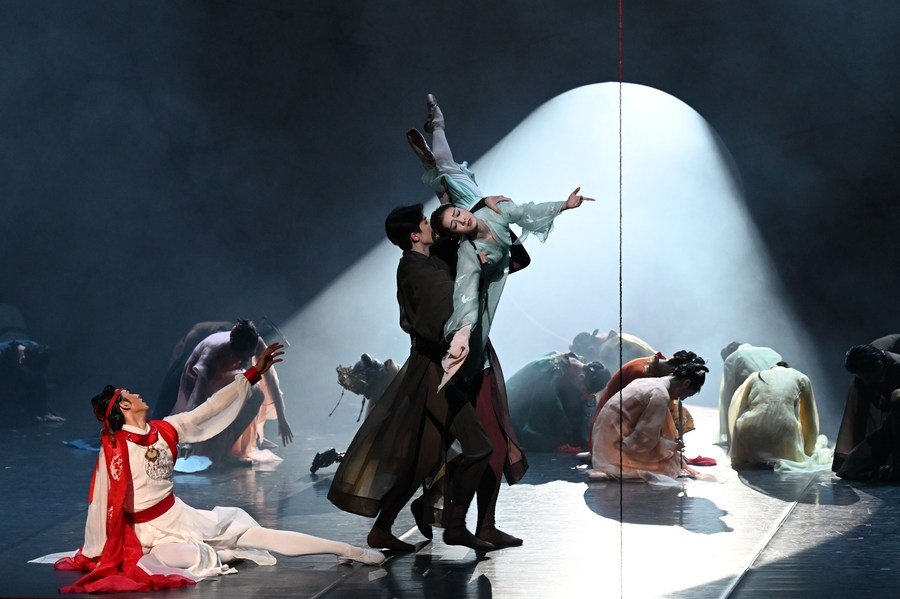Father day
8 August: Prosperity, Filial Piety, and Fatherhood
In Chinese, the number 8 is pronounced bā (八), a sound that closely resembles fā (發), meaning “to prosper” or “to become wealthy.” This phonetic resemblance has made the number eight highly auspicious in Chinese culture — repeating bā, bā, bā sounds like fā, fā, fā, invoking good fortune and prosperity.
Today is 8 August, the eighth day of the eighth month — bā bā (八八). Interestingly, this repetition also sounds like “papa,” both in French and in Chinese (bàba, 爸爸). For this reason, 8 August is celebrated in China as Father’s Day (Bàba Jié, 爸爸節).
On this special occasion, I would like to share a few timeless reflections on filial piety (孝經, Xiàojīng), a cardinal virtue in Confucian thought:
1. Zengzi (505–435 BCE), disciple of Confucius:
「夫孝,德之本也。」
“Filial piety is the root of virtue.”
Zengzi defines filial piety as the very foundation of morality. He emphasises the son’s duties towards his father — respect, obedience, loyalty, and the honouring of the family name. This relationship, though hierarchical, is framed by mutual dignity and responsibility.
2. Mencius (孟子, Mèngzǐ, c. 372 BCE) – A balance of duties:
“Honour your parents, and your children will honour you in return.”
Mencius deepens the Confucian ideal by arguing that filial respect is not unconditional. A father’s authority is legitimised by his own moral conduct. Thus, filial piety is not blind submission; it is an ethical relationship requiring virtue on both sides, even while preserving the generational hierarchy.
3. Colossians 3:20–21:
20 Children, obey your parents in everything, for this pleases the Lord.
21 Fathers, do not embitter your children, or they will become discouraged.
In this epistle, St Paul reaffirms a divine moral order: children must obey, but fathers must lead with gentleness and restraint. Parental authority must never become tyrannical.
In a world shaken by violence and a loss of moral bearings, it is wise to return to the teachings of our ancient sages. The father–son relationship — inherently asymmetrical, as the weak child grows into strength, and the strong father ages into fragility — finds its harmony through kindness, respect, duty, and moral example.
This sacred bond, the origin of all human relationships, may still serve as a compass for our modern civilisations. It offers a vision of human connection rooted in responsibility, dignity, and shared virtue — one that may yet renew our social fabric.

